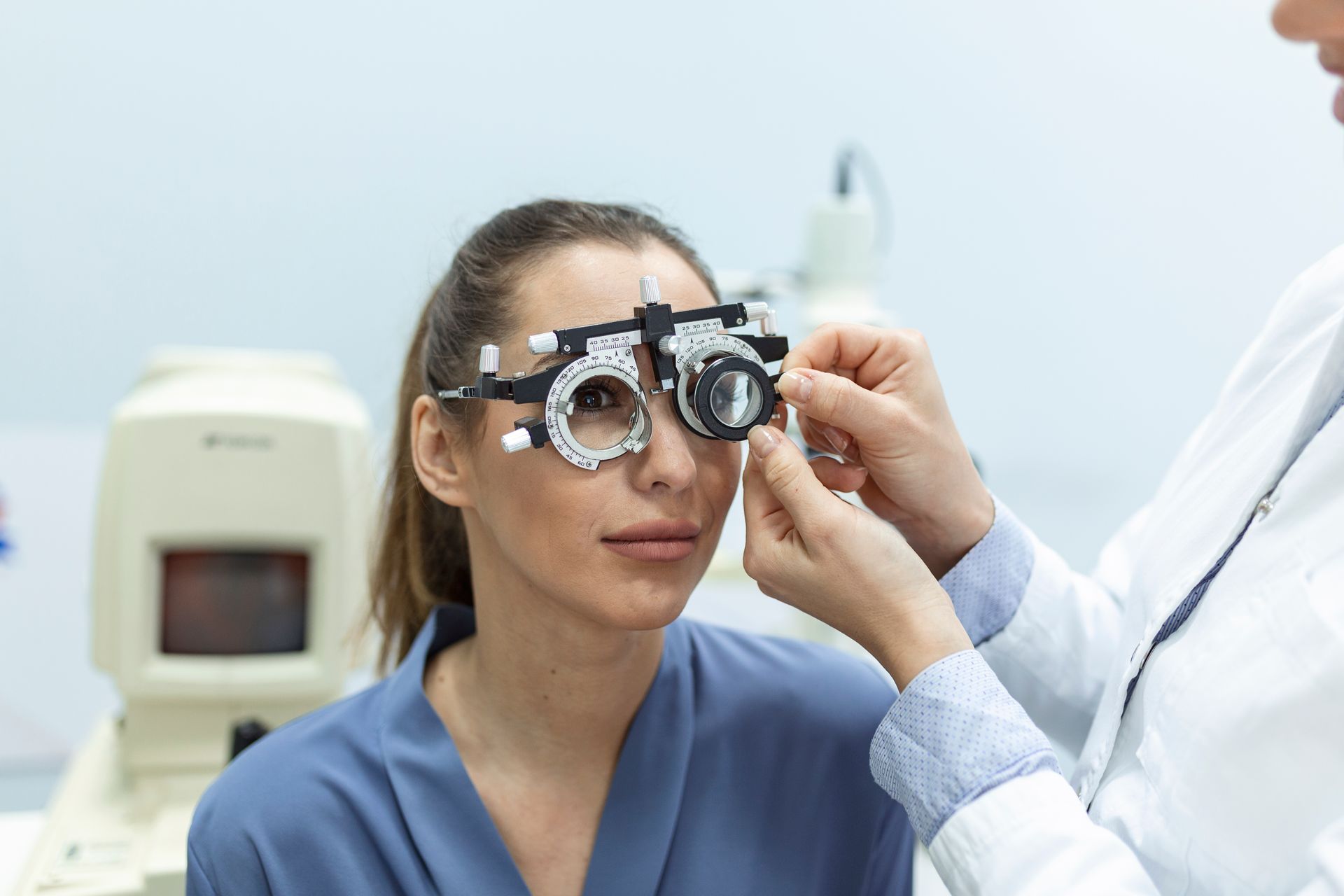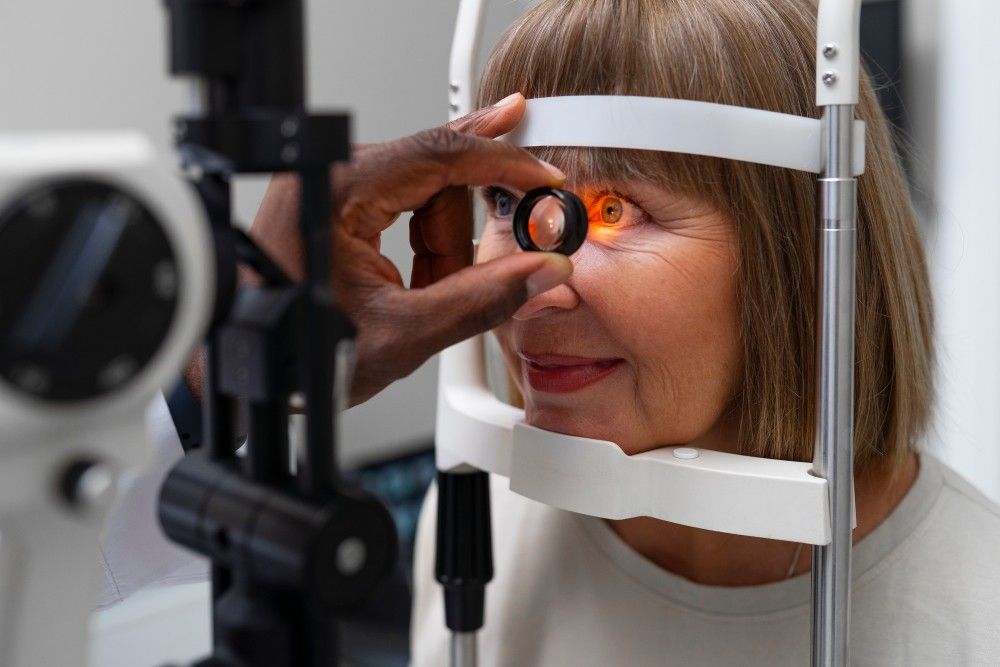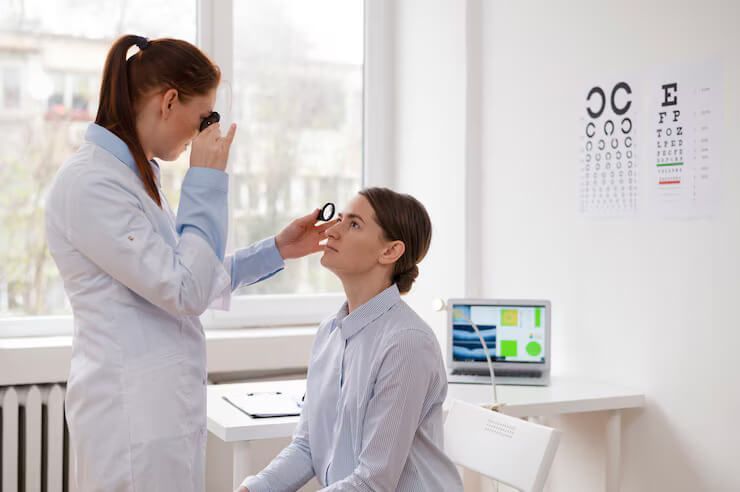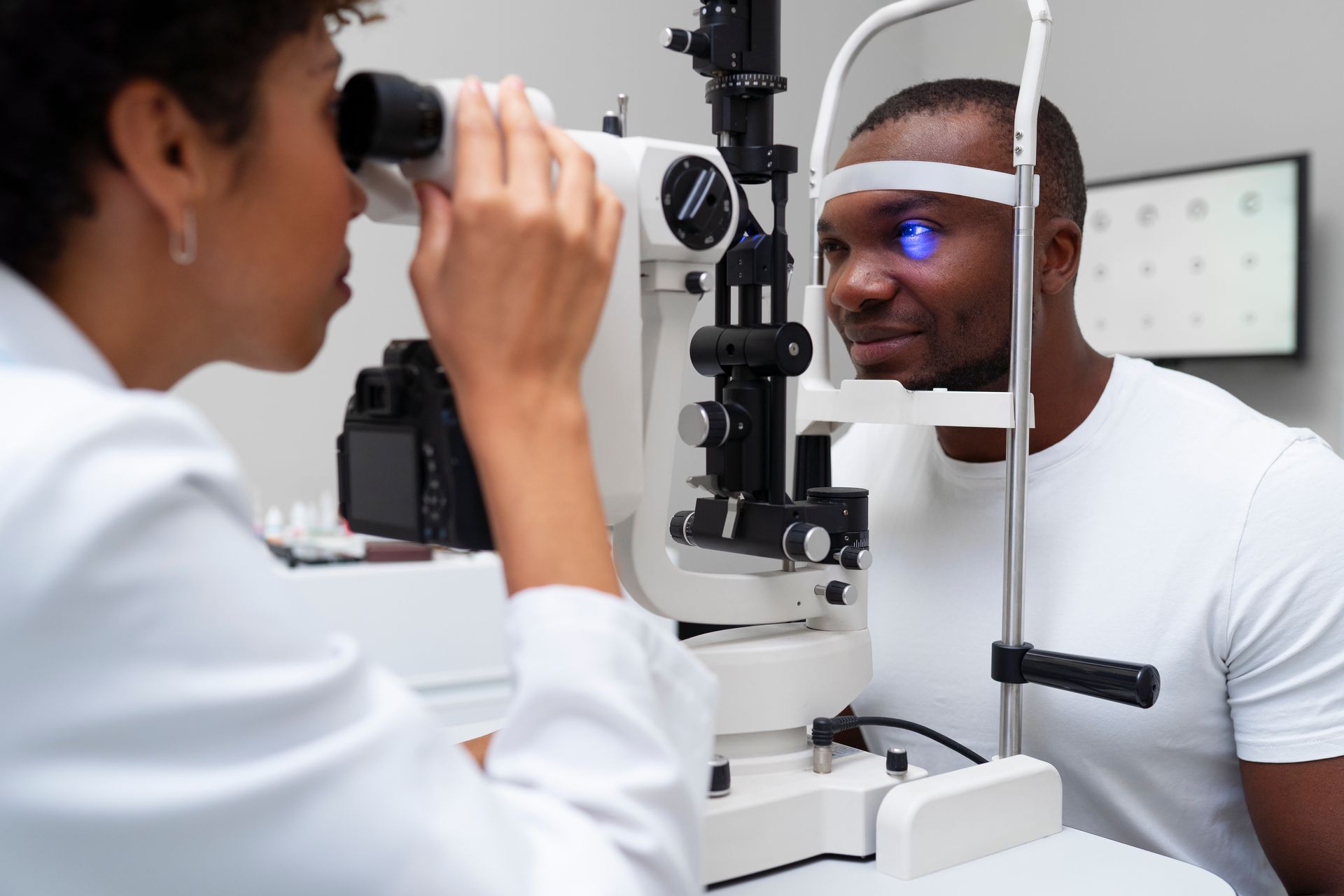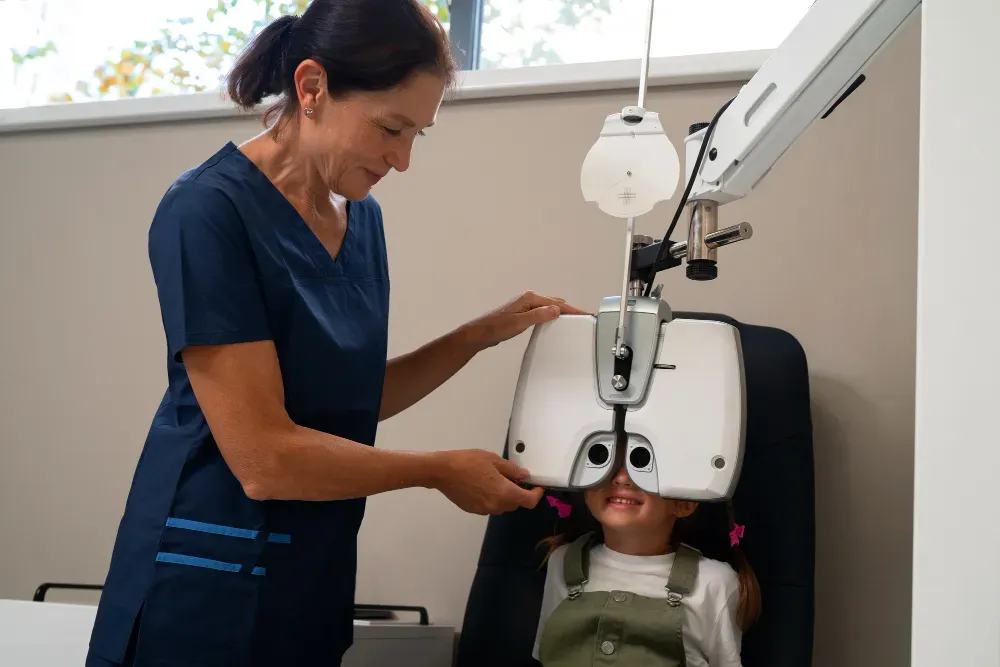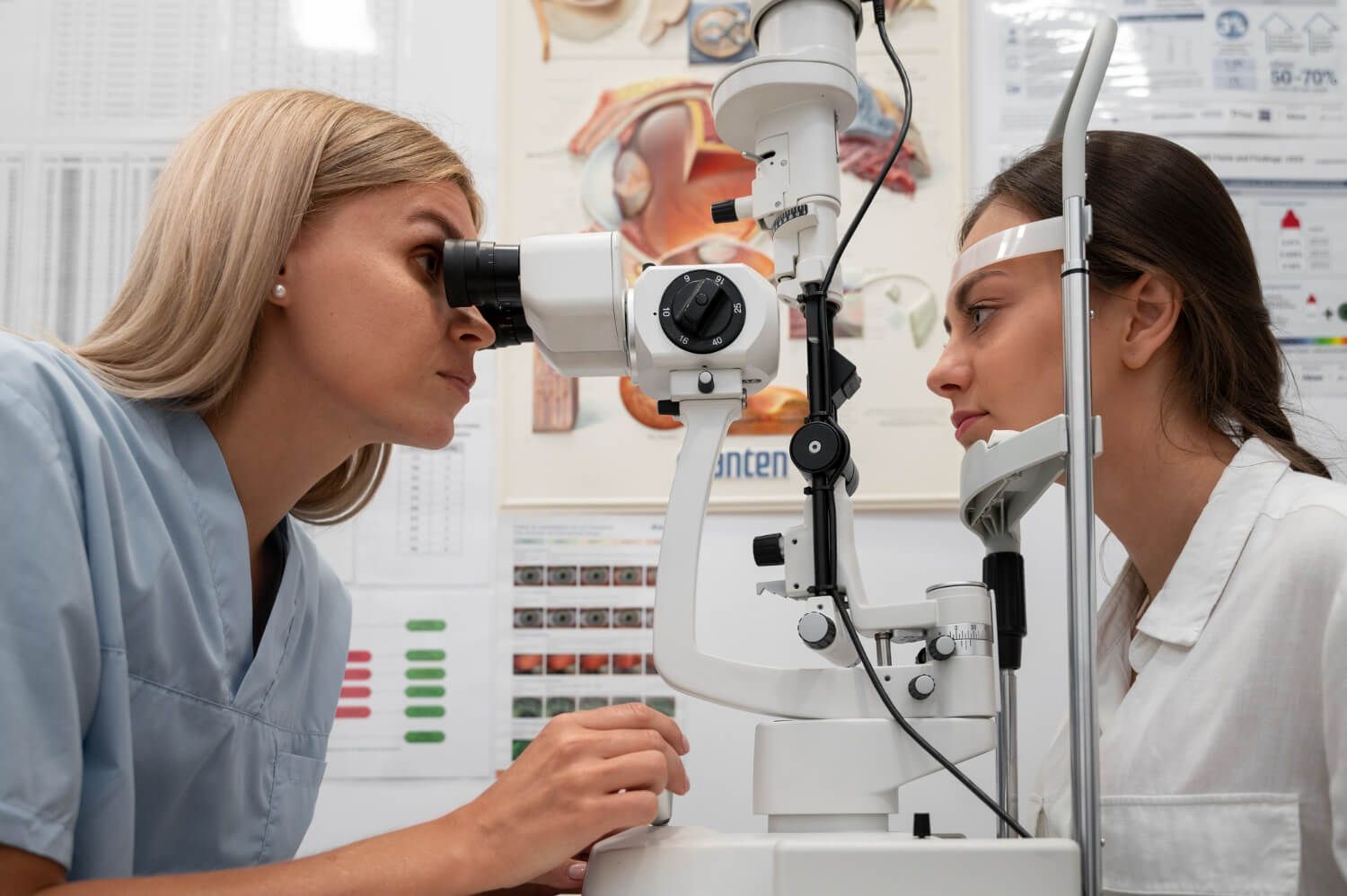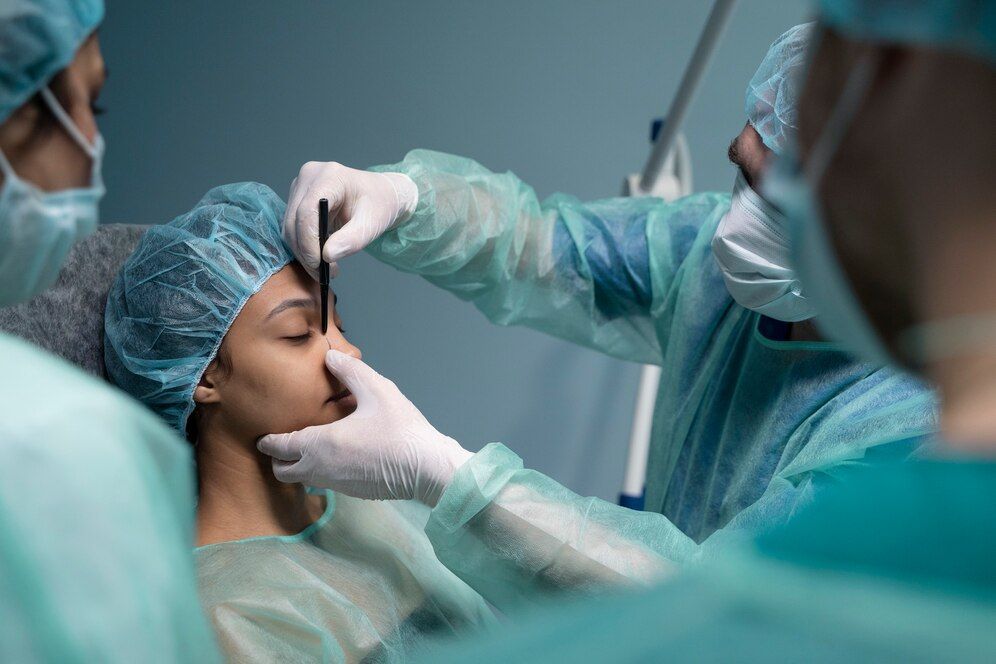Simple Steps to Maintain Healthy Eyesight Throughout Your Life
As we journey through life, our bodies go through all kinds of changes, and our eyes are no exception. You might start noticing that things aren’t as sharp or clear as they used to be. This is perfectly normal, but it doesn’t mean you have to just accept it. With the right care and a few simple adjustments, you can keep your vision in great shape for years to come.
At Hill Country Eye Center in Austin, TX, we’re passionate about helping you maintain the best vision possible as you age. We believe that everyone deserves to enjoy clear, vibrant sight throughout their lives. Whether you’re experiencing the early signs of vision changes or you just want to be proactive about your eye health, we’ve got some easy-to-follow tips that can make a real difference.
In this guide, we’ll walk you through essential practices for keeping your eyes healthy and your vision clear. From the importance of regular eye exams and a nutritious diet to practical steps like protecting your eyes from the sun and staying hydrated, we’ve got you covered. Our goal is to provide you with the information you need to take charge of your eye health and keep your vision sharp.
So, let’s dive into some straightforward and friendly tips to help you maintain great vision as you age. Your eyes will thank you!
1. Get Your Eyes Checked Regularly
The best way to keep your vision healthy is by scheduling regular eye exams. These check-ups help catch any problems early, like cataracts or macular degeneration, before they become serious. It’s a simple step that can make a big difference!
Tip: Try to see your eye doctor every 1-2 years, or as often as they suggest.
2. Eat a Nutritious Diet
What you eat plays a big role in your eye health. Foods rich in vitamins and nutrients, like vitamins A, C, and E, zinc, and omega-3 fatty acids, can help protect your eyes and keep them healthy.
Tip: Load up on leafy greens, citrus fruits, nuts, and fish like salmon to give your eyes a boost.
3. Protect Your Eyes from the Sun
Too much
sun can harm your eyes over time, increasing your risk of cataracts and macular degeneration. Sunglasses that block UV rays are a must when you’re outside.
Tip: Choose sunglasses that offer 100% UV protection to keep your eyes safe.
4. Stay Active
Exercise isn’t just good for your body; it’s great for your eyes too! Regular physical activity helps keep your circulation going and reduces the risk of health issues that can affect your vision.
Tip: Aim for about 30 minutes of exercise most days to keep everything running smoothly.
5. Manage Health Conditions
Conditions like
diabetes and high blood pressure can affect your vision if they’re not managed properly. Keeping these conditions under control can help protect your eyesight.
Tip: Follow your doctor’s advice and keep up with your check-ups.
6. Quit Smoking
Smoking is bad news for your eyes, increasing the risk of age-related eye diseases. If you smoke, quitting can have a big impact on your eye health.
Tip: Get support from friends, family, or a healthcare professional to help you quit.
7. Practice Good Eye Hygiene
Keeping your eyes clean is important to avoid infections and irritation. Make sure to wash your hands before touching your eyes or handling contact lenses.
Tip: Always wash your hands thoroughly before you touch your eyes or clean your lenses.
8. Use Good Lighting
Proper lighting helps reduce eye strain, especially when reading or working. Good lighting can make your eyes feel more comfortable and prevent them from getting tired.
Tip: Use task lighting for close work and make sure your space is well-lit.
9. Take Breaks from Screens
Spending too much time staring at screens can lead to eye strain. Remember to take regular breaks to give your eyes a rest.
Tip: Follow the 20-20-20 rule: Every 20 minutes, look at something 20 feet away for 20 seconds.
10. Drink Plenty of Water
Staying hydrated is key for keeping your eyes feeling good. Dry eyes can be a sign of dehydration, so make sure you’re drinking enough water.
Tip: Aim for about 8 glasses of water a day to keep your eyes and body hydrated.
Keeping your vision sharp as you age is all about taking simple steps to care for your eyes. Regular eye exams, a healthy diet, protection from UV rays, and good habits can all help you maintain clear vision. If you have any questions or need to schedule an eye exam, we’re here for you at
Hill Country Eye Center in Austin, TX. Your eyes are important—let’s take care of them together!
Ready to keep your vision in check? Give us a call or stop by to set up your next eye exam. We’re excited to help you see your best!
